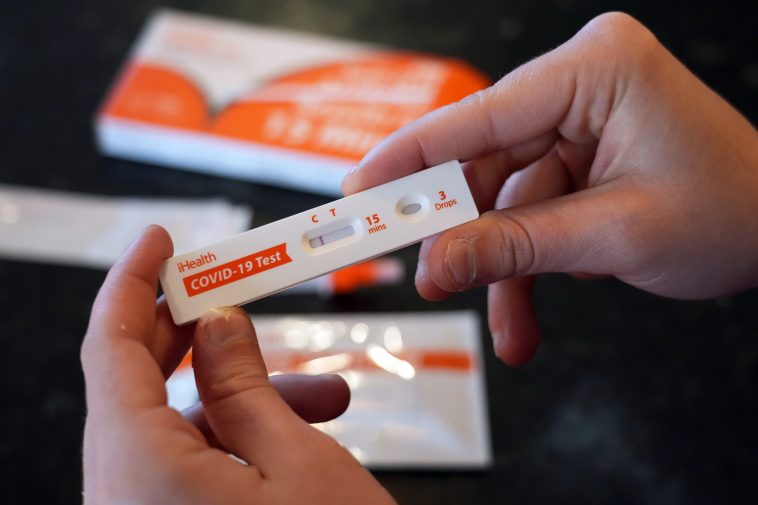A new study form the National Institutes of Health has raised questions about “long COVID” and its existence.
“Exploratory studies found no evidence of persistent viral infection, autoimmunity, or abnormal immune activation in participants with PASC,” the authors said. “Abnormal findings on physical examination and diagnostic testing were uncommon”.
Results from the study show there was no evidence of long-term COVID-19 infection in patients who were six or more weeks past the onset of symptoms, even if they were experiencing “long COVID”.
Women and individuals with history of anxiety disorders were more likely to report having long COVID, according to the study.
“The study enrolled 189 people with lab-documented cases of COVID-19, who were at least six weeks from the onset of symptoms, and 120 control participants who tested negative for COVID-19 antibodies,” reported the Daily Caller.
Fifty-five percent of those who had been infected and 13% of the control group reported symptoms of PASC (long COVID).
The individuals in the study were given physical examinations, questionnaires, lab tests, cognitive tests, and a cardiopulmonary evaluation.
Researchers suggested that, in most cases, there was no identifiable cause of the PASC symptoms.
Doctors and scientists have debated for months whether long COVID is a real physical illness or a psychological disorder that stays after recovering from the virus.


